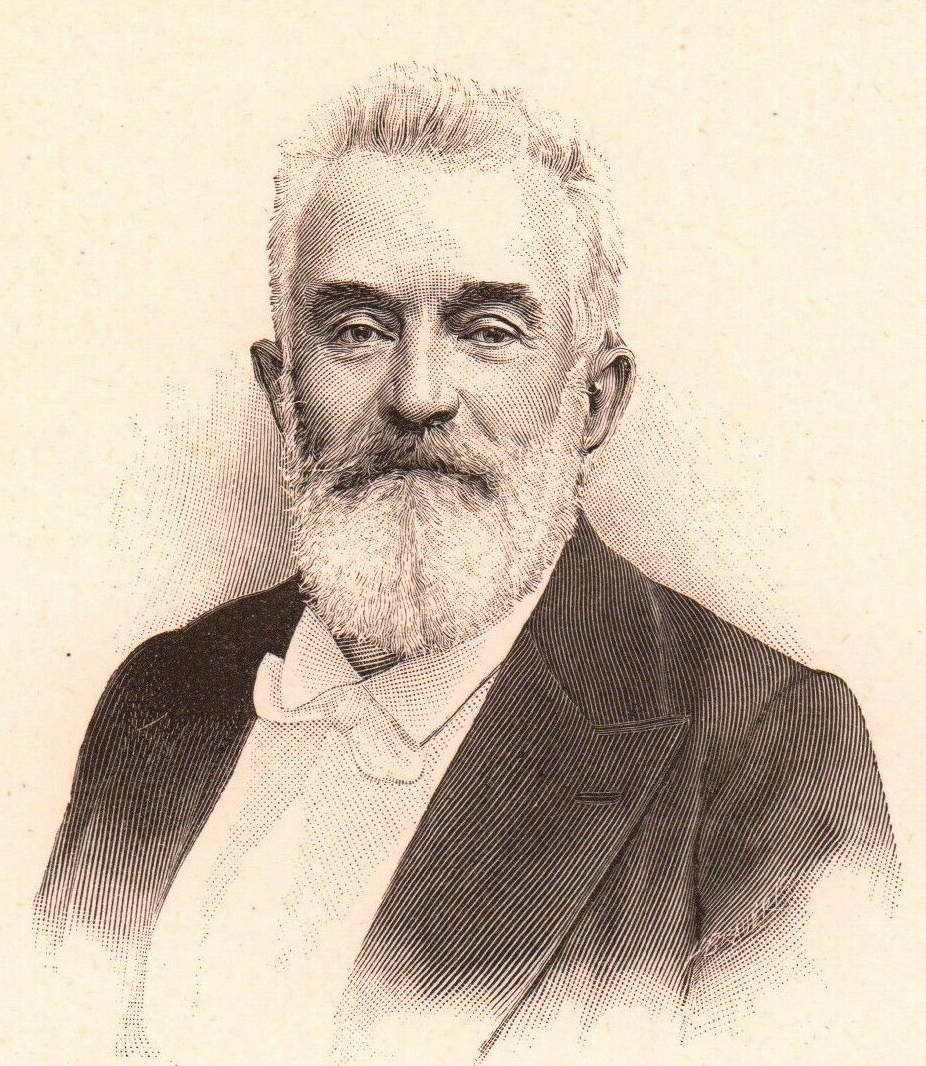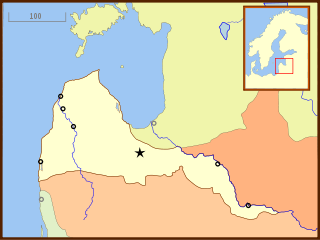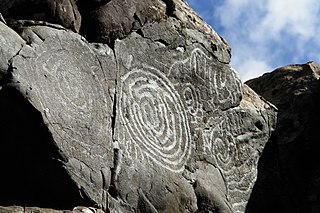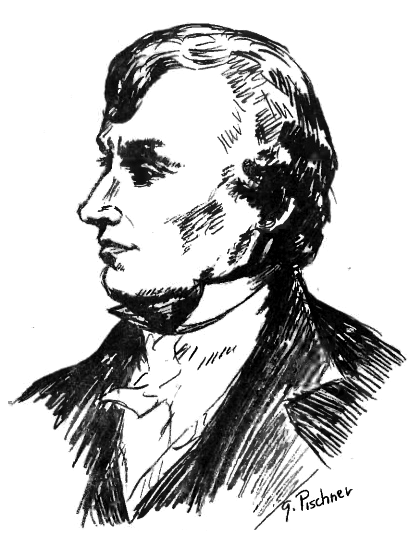
Colonialism is the policy of a nation seeking to extend or retain its authority over other people or territories, generally with the aim of economic dominance. The colonising country seeks to benefit from the colonised country or land mass. In the process, colonisers imposed their religion, economics, and medicinal practices on the natives. Colonialism is largely regarded as a relationship of domination of an indigenous majority by a minority of foreign invaders where the latter rule in pursuit of its interests.
Neocolonialism, neo-colonialism, or neo-imperialism is the practice of using capitalism, globalisation and cultural imperialism to influence a developing country instead of the previous colonial methods of direct military control (imperialism) or indirect political control (hegemony). Coined by the French philosopher Jean-Paul Sartre in 1956, it was first used by Kwame Nkrumah in the context of African countries undergoing decolonisation in the 1960s. Neo-colonialism is also discussed in the works of Western thinkers such as Jean-Paul Sartre and Noam Chomsky.

Cocacolonization refers to the globalization of American culture pushed through popular American products such as soft drink maker Coca-Cola. It is a portmanteau of the name of the multinational soft drink maker and "colonization": a process of change that happens everywhere a militarily and/or culturally advanced culture comes into contact with another culture with the intention of establishing settlements.

Island hopping is the crossing of an ocean by a series of shorter journeys between islands, as opposed to a single journey directly to the destination.

A metapopulation consists of a group of spatially separated populations of the same species which interact at some level. The term metapopulation was coined by Richard Levins in 1969 to describe a model of population dynamics of insect pests in agricultural fields, but the idea has been most broadly applied to species in naturally or artificially fragmented habitats. In Levins' own words, it consists of "a population of populations".

The Couronian colonisation of the Americas was performed by the Duchy of Courland, which was the second smallest state to colonise the Americas, with a colony on the island of Tobago from 1654 to 1659, and intermittently from 1660 to 1689.

Jean Marie Antoine Louis de Lanessan was a French statesman and naturalist.

Plantation was an early method of colonisation where settlers went in order to establish a permanent or semi-permanent colonial base, for example for planting tobacco or cotton. Such plantations were also frequently intended to promote Western culture and Christianity among nearby indigenous peoples, as can be seen in the early East-Coast plantations in America. Although the term "planter" to refer to a settler first appears as early as the 16th-century, the earliest true colonial plantation is usually agreed to be that of the Plantations of Ireland.
Colonisation or colonization is the process in biology by which a species spreads to new areas. Colonisation often refers to successful immigration where a population becomes integrated into a community, having resisted initial local extinction.

Couronian colonisation refers to the colonisation efforts of the Duchy of Courland and Semigallia, a vassal of the Polish-Lithuanian Commonwealth. Small, but wealthy, the Duchy took a modest part in the European domination and settlement of West Africa and the Caribbean.

A chartered company is an association with investors or shareholders and incorporated and granted rights by royal charter for the purpose of trade, exploration, and colonization.
A colonial empire is a collective of territories, mostly overseas, settled by the population of a certain state and governed by that state.

Soil biology is the study of microbial and faunal activity and ecology in soil. Soil life, soil biota, soil fauna, or edaphon is a collective term that encompasses all organisms that spend a significant portion of their life cycle within a soil profile, or at the soil-litter interface. These organisms include earthworms, nematodes, protozoa, fungi, bacteria, different arthropods, as well as some reptiles, and species of burrowing mammals like gophers, moles and prairie dogs. Soil biology plays a vital role in determining many soil characteristics. The decomposition of organic matter by soil organisms has an immense influence on soil fertility, plant growth, soil structure, and carbon storage. As a relatively new science, much remains unknown about soil biology and its effect on soil ecosystems.

The Canary Islands have been known since antiquity. Until the Spanish colonization between 1402 and 1496, the Canaries were populated by an indigenous population, whose origin is still the subject of discussion among historians and linguists.

The historical phenomenon of colonization is one that stretches around the globe and across time. Modern state global colonialism, or imperialism, began in the 15th century with the "Age of Discovery", led by Portuguese, and then by the Spanish exploration of the Americas, the coasts of Africa, the Middle East, India and East Asia. The Portuguese and Spanish empires were the first global empires because they were the first to stretch across different continents, covering vast territories around the globe. In 1492, notable Genoese (Italian) explorer Christopher Columbus and his Castilian (Spanish) crew discovered the Americas for the Crown of Castile. The phrase "the empire on which the sun never sets" was first used for the Spanish Empire in the 16th century. During the late 16th and 17th centuries, England, France and the Dutch Republic also established their own overseas empires, in direct competition with each other.
Extinction threshold is a term used in conservation biology to explain the point at which a species, population or metapopulation, experiences an abrupt change in density or number because of an important parameter, such as habitat loss. It is at this critical value below which a species, population, or metapopulation, will go extinct, though this may take a long time for species just below the critical value, a phenomenon known as extinction debt.

The history of external colonisation of Africa can be divided into two stages: Classical antiquity and European colonialism. In popular parlance, discussions of colonialism in Africa usually focus on the European conquests that resulted in the Scramble for Africa after the Berlin Conference in the 19th century.
Oceanic dispersal is a type of biological dispersal that occurs when terrestrial organisms transfer from one land mass to another by way of a sea crossing. Often this occurs via large rafts of floating vegetation such as are sometimes seen floating down major rivers in the tropics and washing out to sea, occasionally with animals trapped on them. Dispersal via such a raft is sometimes referred to as a rafting event.

Euthyneura is a taxonomic clade of snails and slugs, which includes species from freshwater, marine, aquatic and terrestrial gastropod mollusks in the clade Heterobranchia.















